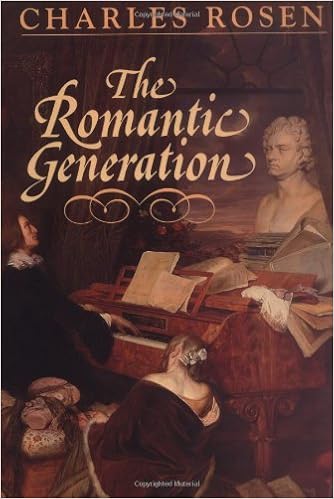 Johann Sebastian Bach: The Learned Musician by Christoph Wolff
Johann Sebastian Bach: The Learned Musician by Christoph WolffThis book is very much a mixed bag between the really insightful and the "I can't believe anyone bothered to put this stuff into a book" stuff.
The musical insights are very solid, whether on the micro level of picking apart 3 measures of a canon, the mid-level of the B Minor Mass, or the macro level of Bach's musical thought, including a great afterword about how Bach's music represents the ideal of unity in diversity.
But... the biography itself is much more of a mixed bag. Bach remains the enigma at the center of any biography of him, because in the end we have so few documents directly by him, and not much aside from official documents (so, for example, we know that as a 17-year-old he got into a brawl with a 20-year-old bassoonist after insulting the man, but some biographers draw the idea that Bach was generally irascible from this event, others that he was insecure, others that he could be a bully. It's impossible to really know.)
Wolff has compiled a lot of details to try fill the vacuum, but many of them aren't so interesting -- a list of possible acquaintances at Leipzig University, a list of court appointees in Anhalt-Cothen, etc. So, what's good is very good, but the rest is very skimmable.
For anyone really into Bach's music (and who among us isn't? :-) ), it's very worth the time to read through the musicological parts. The good biographical parts are also very good (such as the account of Bach's visit with Frederick II). And the rest? At least it's easy to skim :-).
View all my reviews
